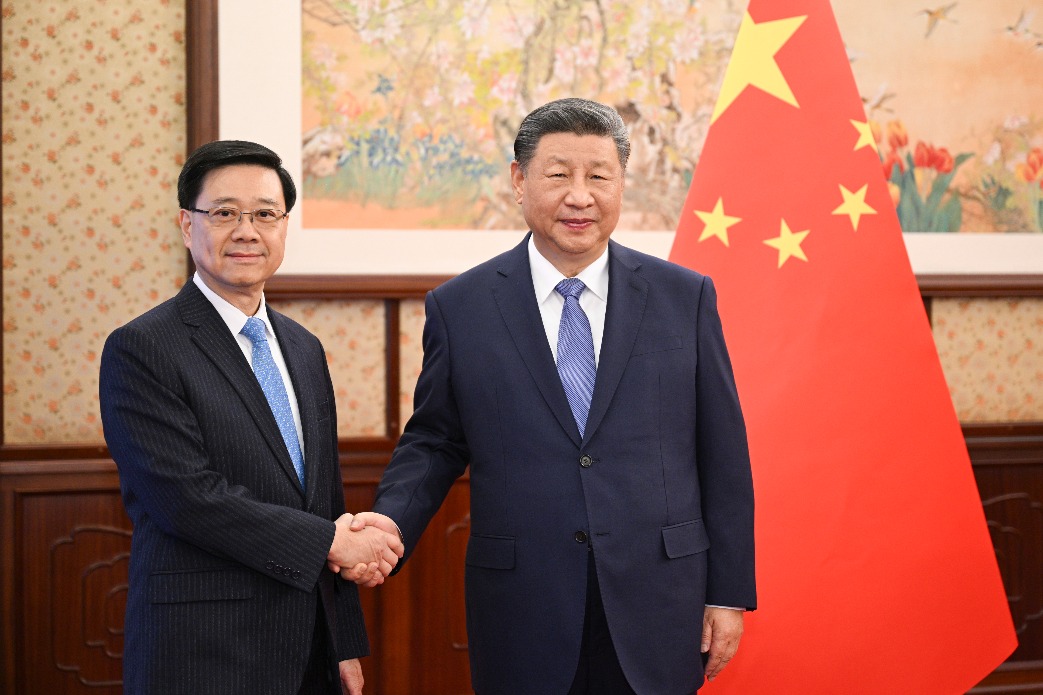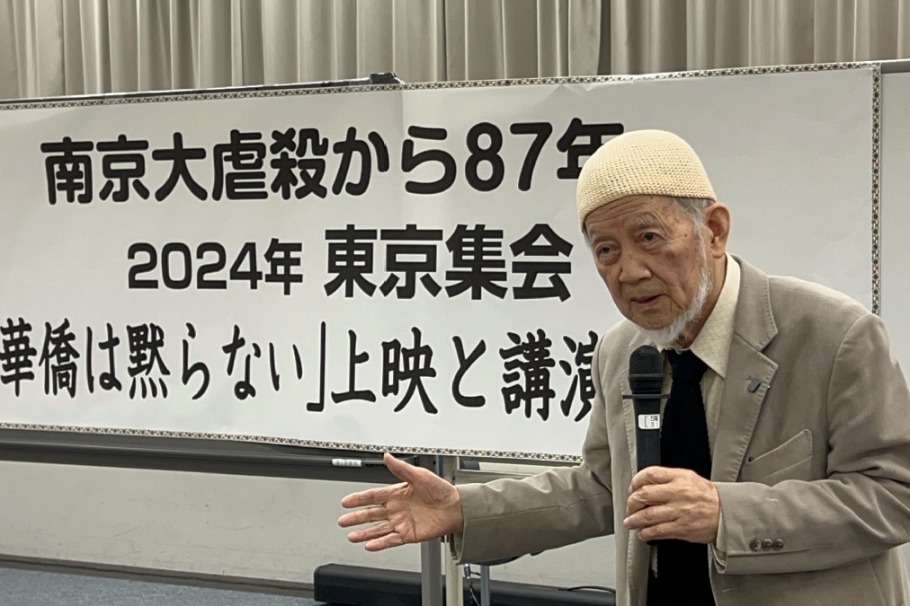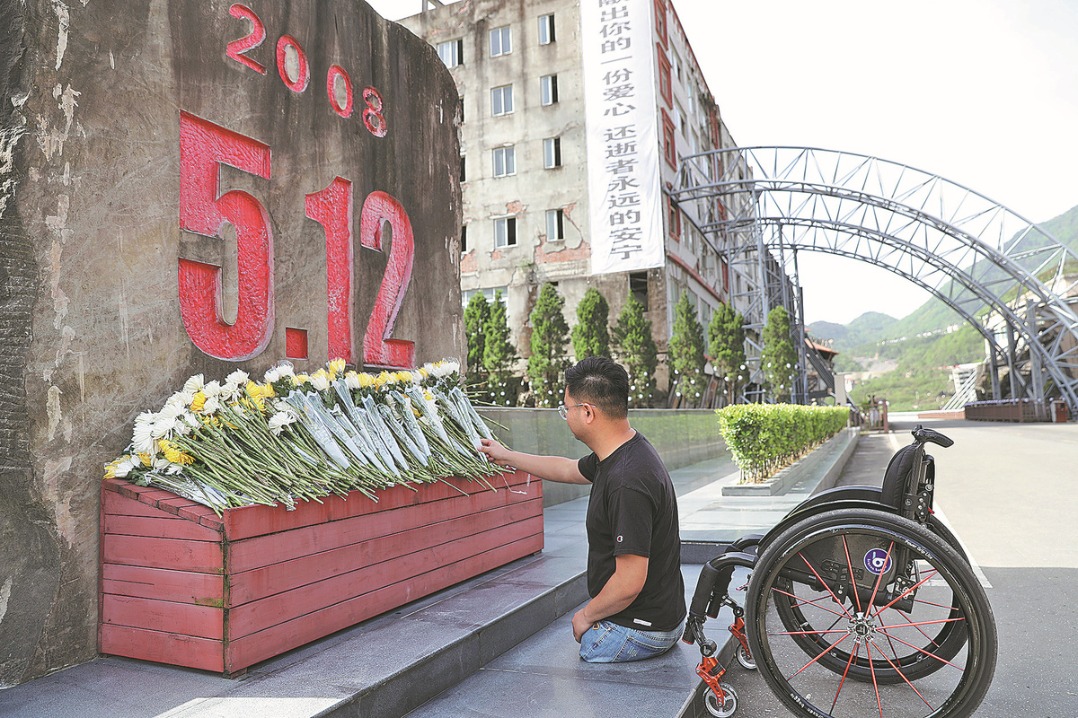Provocations push tensions to the brink

Hours after a United Nations Security Council meeting on the Korean Peninsula's nuclear issue, the Democratic People's Republic of Korea reportedly test-fired a ballistic missile on Saturday, which exploded after liftoff. Pyongyang's repeated testing of the international community's patience will lead to severe consequences that will increasingly be hard for it to swallow.
Its blatant violation of Security Council resolutions constitutes an act of open defiance to the international community's resolve to denuclearize the peninsula and points to the urgency of tackling both the symptoms and the root cause of the issue.
A vicious circle of provocation and retaliation has reigned in recent months, with Pyongyang pushing its nuclear and missile programs while the United States and the Republic of Korea resorting to massive military exercises and the deployment of an advanced US missile defense system in the ROK.
As a result, the degree of distrust and enmity has reached the highest it's been in years between the contested parties on the peninsula. One miscalculation and one misstep would easily push the two sides, separated by the Demilitarized Zone, to the brink of war.
At this stage, both sides should exercise utmost restraint because a head-on clash, even if a limited one, would lead to a costly price that neither side could afford to pay. Before diplomatic means are exhausted, those who have a penchant of trumpeting war rhetoric are being neither responsible to themselves nor others.
Pyongyang should awaken from the fantasy that its pursuit of nuclear capabilities and a missile program will bring it peace and security, as it has left the world community little choices but to tighten nonmilitary measures to rein in its dangerous ambition.
The country should know it is playing a dangerous and counterproductive game of provocation, which can backfire and reduce the chance for diplomatic mediation. In fact, its constant and escalating provocations have eroded the patience of stakeholders on the peninsula to defuse tensions through peaceful means.
Meanwhile, the US and ROK also need to do their part, and stop military threats and deployment of the Terminal High Altitude Area Defense, which is the practical way to mitigate distrust and defuse tensions so as to create the conditions for communication and dialogue.
Yet, as Foreign Minister Wang Yi pointed out in the UN Security Council meeting, no matter what happens, we should never waiver in our commitment to the goal of denuclearization.
A nuclear-free Korean Peninsula is the basic precondition for its long-term peace and stability, which caters to the interests of all parties as it is the only way to dispel reasonable concerns of all stakeholders, including DPRK and ROK, and this should be the right direction for all parties to strive for.


































